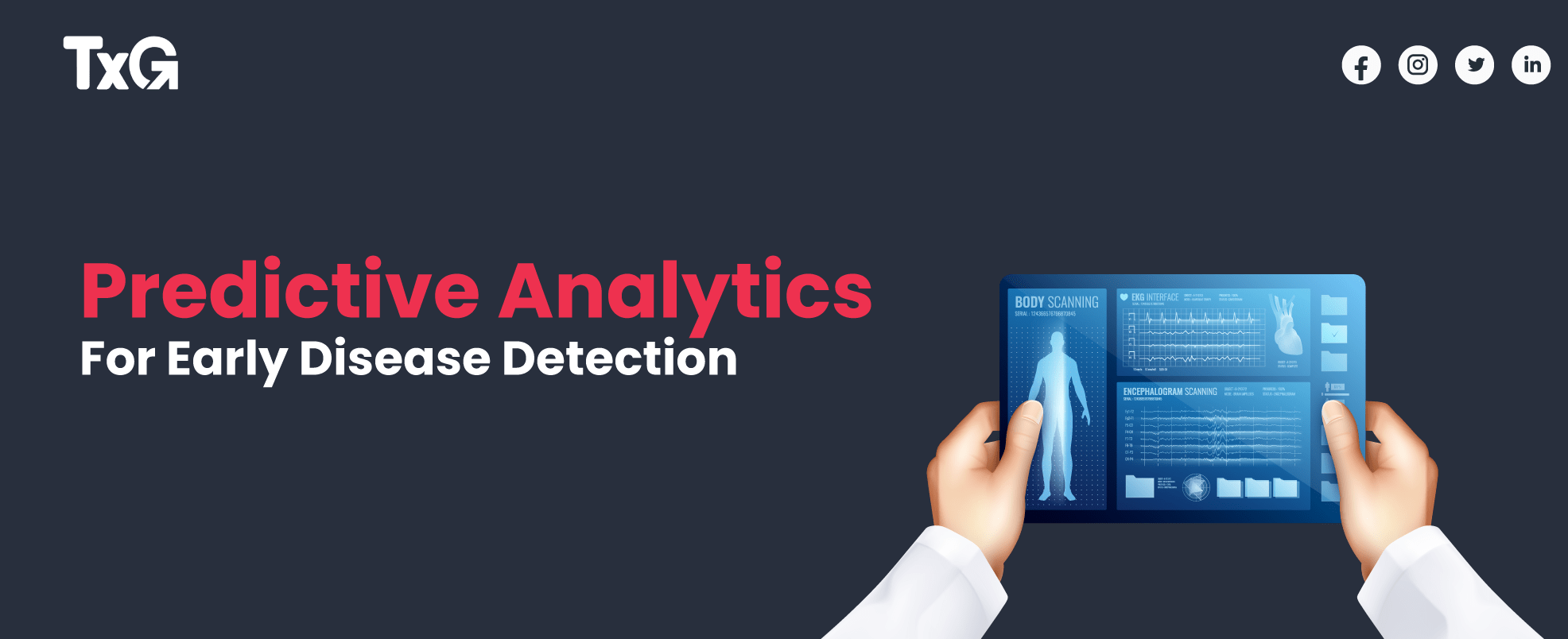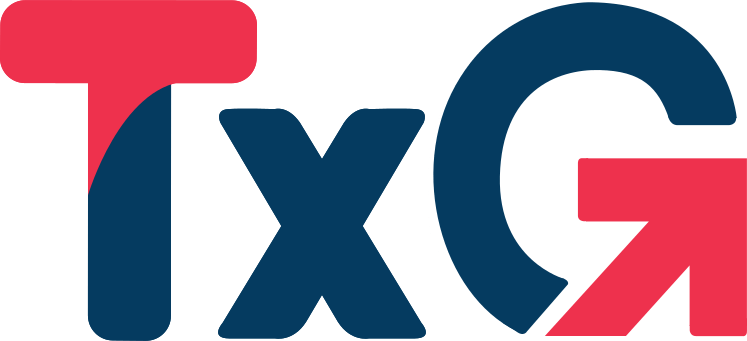In today’s rapidly evolving healthcare landscape, early disease detection has become a cornerstone of effective patient care. The adage “prevention is better than cure” has never been more relevant, and predictive analytics is playing a pivotal role in making this a reality. In this blog, we’ll explore the fascinating world of predictive analytics for early disease detection and how it is revolutionizing healthcare.
Understanding Predictive Analytics
Predictive analytics is a branch of data science that uses historical and real-time data, along with machine learning and statistical algorithms, to predict future events or outcomes. In healthcare, it involves harnessing vast amounts of patient data, medical records, and diagnostic images to forecast the likelihood of an individual developing a particular disease or condition.
The Power of Early Detection
Early detection of diseases offers several profound benefits:
- Improved Treatment Outcomes:
Catching a disease in its early stages often means it’s more treatable. Treatment can be less aggressive, with fewer side effects, and the chances of a full recovery are often significantly higher.
- Cost Savings:
Treating advanced diseases is not only more challenging but also more expensive. Early detection can lead to significant cost savings for both patients and healthcare systems.
- Enhanced Quality of Life:
Early intervention can prevent or mitigate the progression of a disease, preserving the patient’s quality of life.
Applications of Predictive Analytics in Healthcare
- Cancer Detection:
Predictive analytics is used to analyse various factors, such as genetics, lifestyle, and medical history, to assess an individual’s risk of developing cancer. For example, breast cancer risk assessment models can help identify high-risk patients who may benefit from more frequent screenings.
- Cardiovascular Disease:
Algorithms can analyse patient data to predict the risk of heart disease and stroke. These models consider factors like blood pressure, cholesterol levels, and lifestyle choices to provide personalized risk assessments.
- Diabetes Management:
Predictive analytics can be applied to monitor patients with diabetes. By analysing continuous glucose monitoring data and other health metrics, algorithms can predict fluctuations in blood sugar levels and alert patients and healthcare providers.
- Mental Health:
Predictive analytics can assist in the early detection of mental health conditions like depression and anxiety. Natural language processing algorithms can analyse patients’ written or spoken words to detect signs of distress or worsening mental health.
- Infectious Diseases:
In the context of outbreaks, predictive analytics can help identify potential disease hotspots. By analysing data on population movement, climate, and historical infection rates, models can forecast disease spread.
Challenges and Ethical Considerations
While predictive analytics holds enormous promise, it also comes with challenges. Protecting patient privacy, ensuring data accuracy, and addressing algorithm biases are crucial considerations in healthcare predictive analytics.
Conclusion
Predictive analytics for early disease detection is a game-changer in healthcare. It empowers healthcare professionals to identify diseases at their earliest, most treatable stages, significantly improving patient outcomes and reducing the economic burden of healthcare. As technology continues to advance, predictive analytics will play an increasingly central role in transforming healthcare from a reactive system to one that is proactive, preventative, and patient-centric.
How can we help you?
We specialize in developing custom predictive analytics solutions tailored to the unique needs of healthcare organizations. We work closely with businesses to understand their data sources, patient populations, and specific disease detection goals. Our experts then design and implement predictive models that leverage machine learning and statistical techniques to provide accurate risk assessments.
We assist businesses in aggregating and managing vast volumes of healthcare data from various sources securely. This includes electronic health records (EHRs), wearable device data, diagnostic images, and more. We ensure data quality, compliance with healthcare regulations, and the seamless integration of data for predictive analytics.
Our team excels in creating robust predictive algorithms that consider a wide range of factors, from clinical data to patient demographics. We also provide training and support to healthcare professionals in using these algorithms effectively, ensuring they can interpret and act upon predictive insights for early disease detection.
Building a scalable infrastructure is critical for handling the computational demands of predictive analytics. We design and implement the necessary IT infrastructure to support predictive modelling, including cloud-based solutions, high-performance computing clusters, and data storage systems. This ensures that businesses can efficiently analyse large datasets in real-time.
Our IT solutions empower businesses to leverage the full potential of predictive analytics for early disease detection. We offer customized solutions, data integration expertise, algorithm development, and scalable infrastructure to enable healthcare organizations to improve patient outcomes, reduce healthcare costs, and enhance the overall quality of care.

